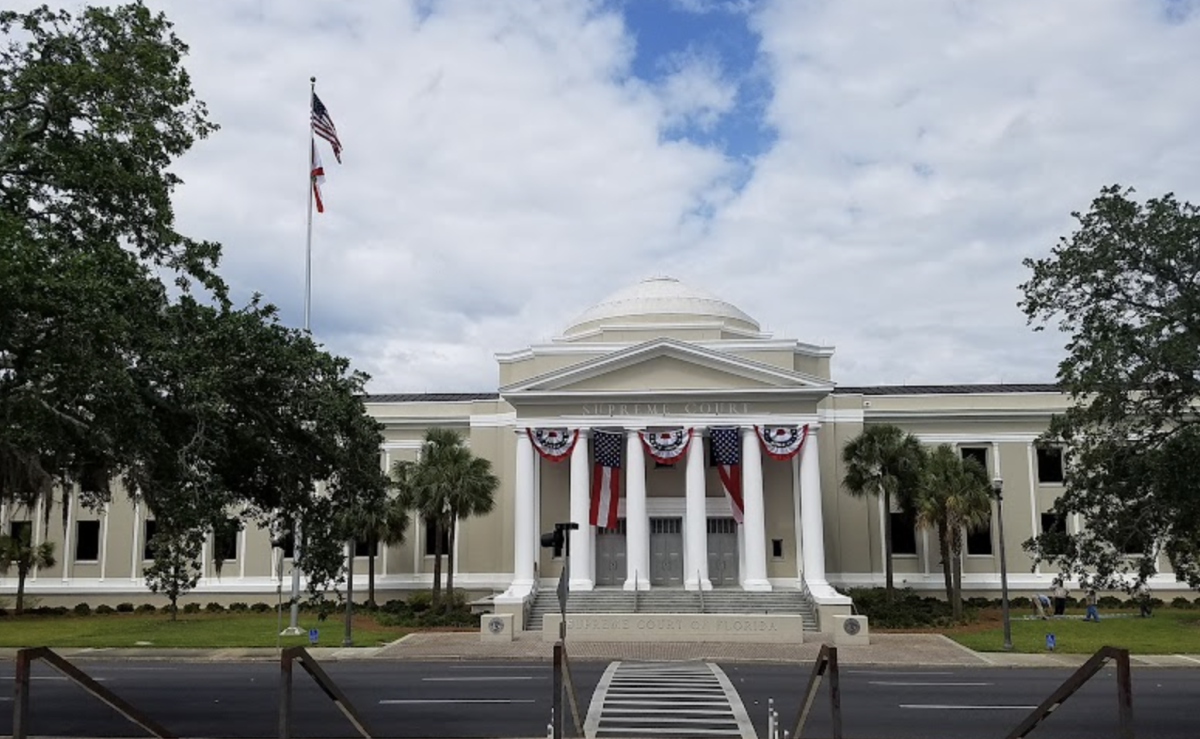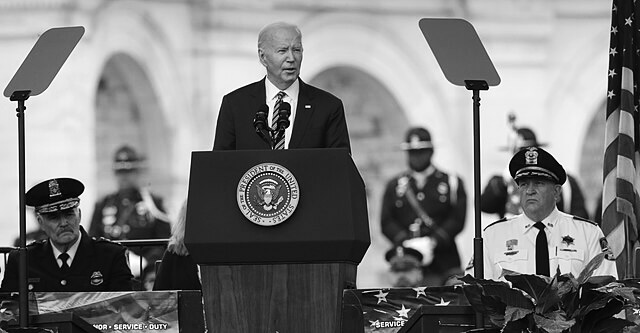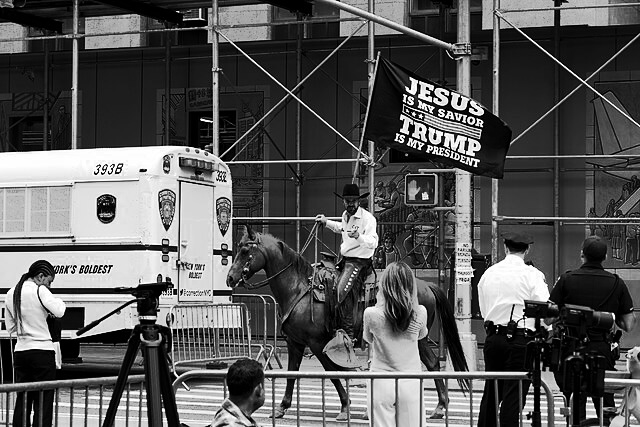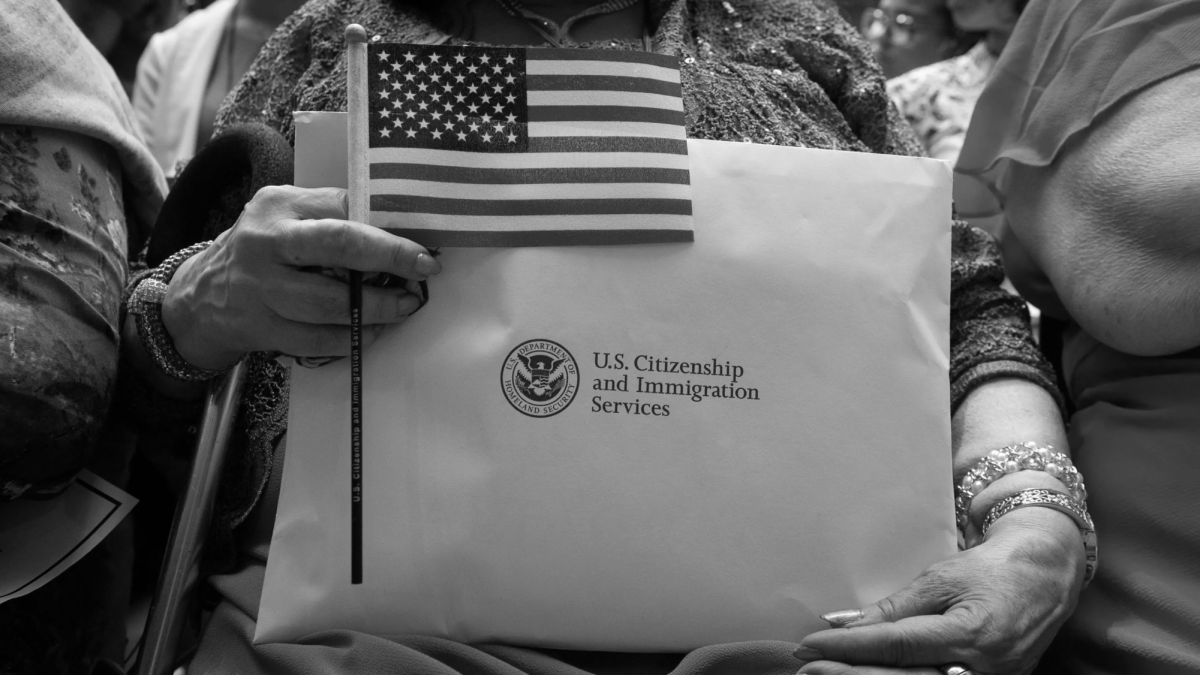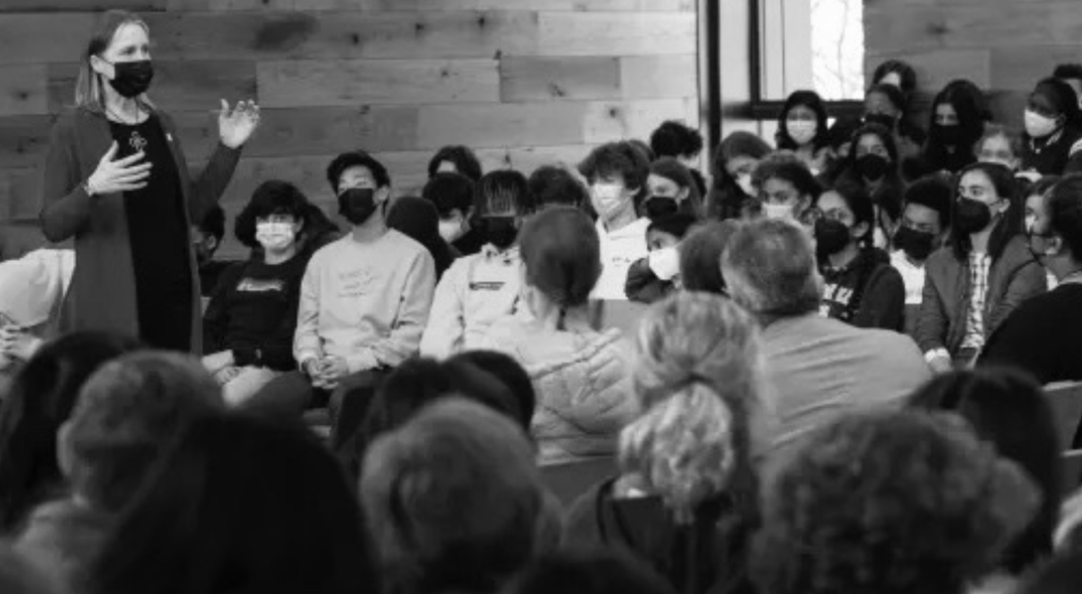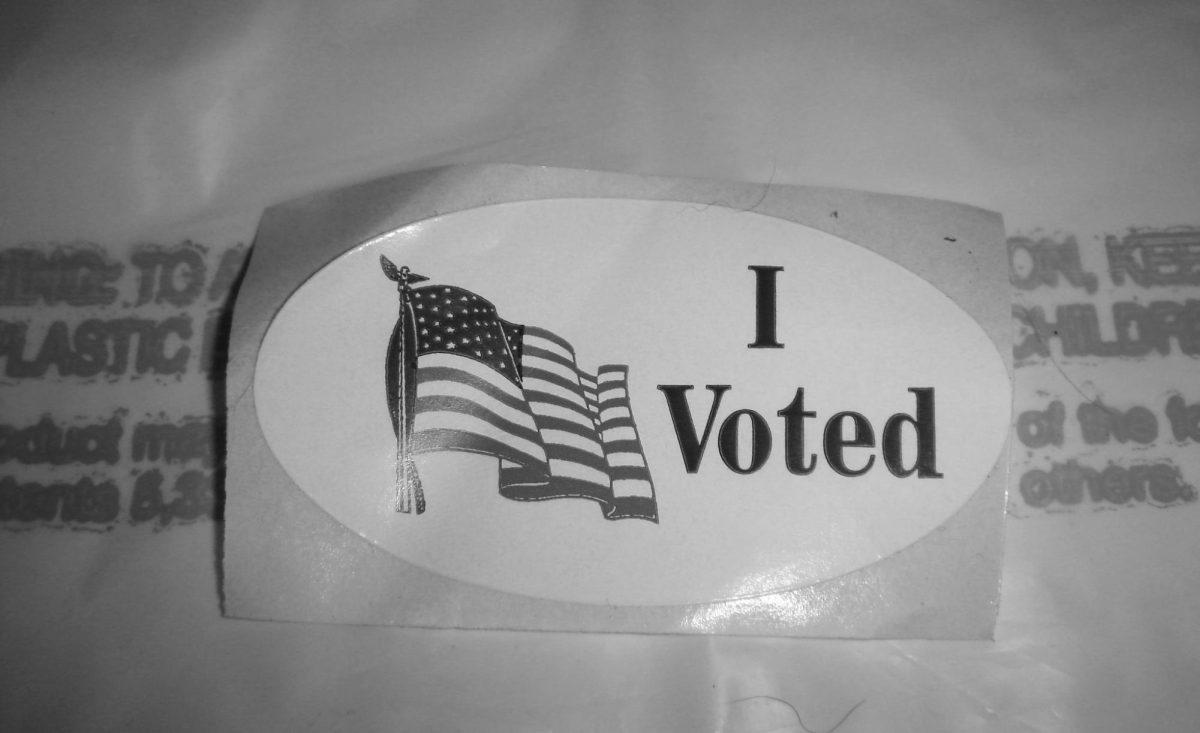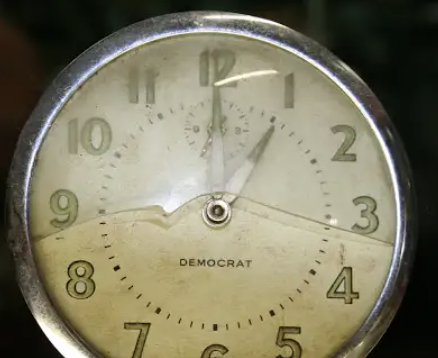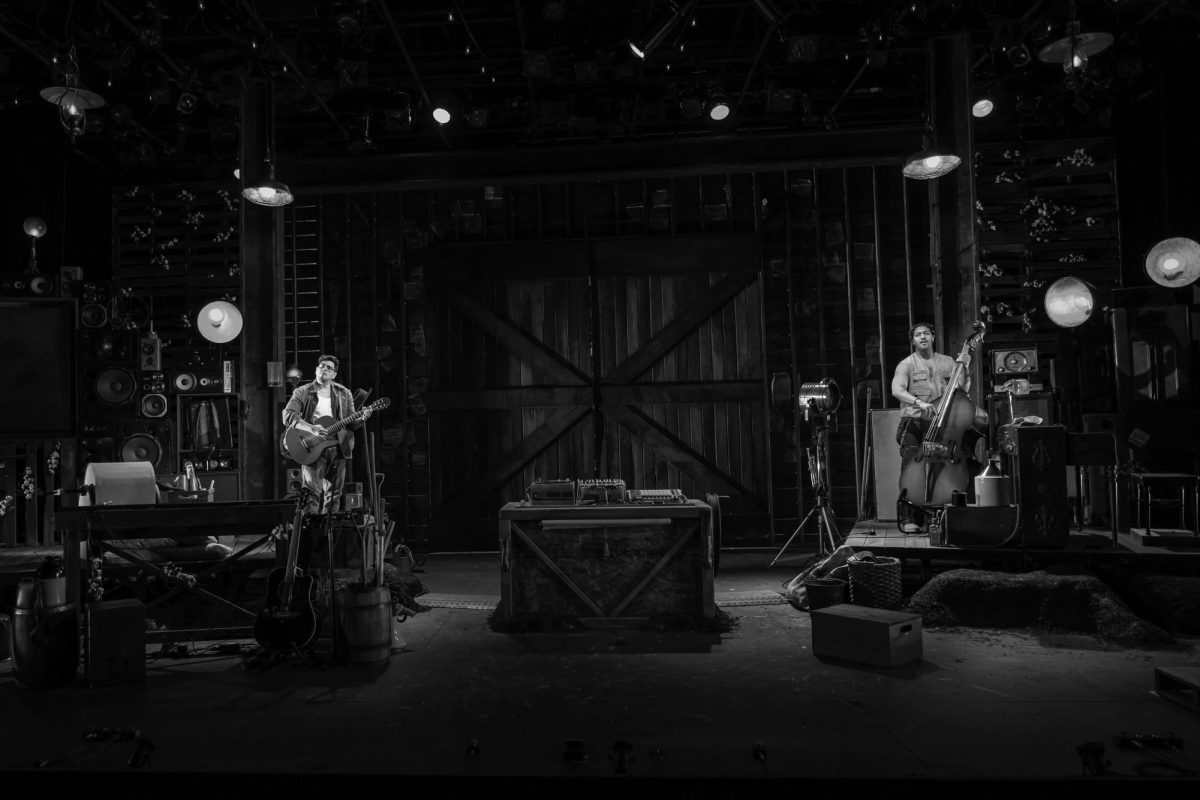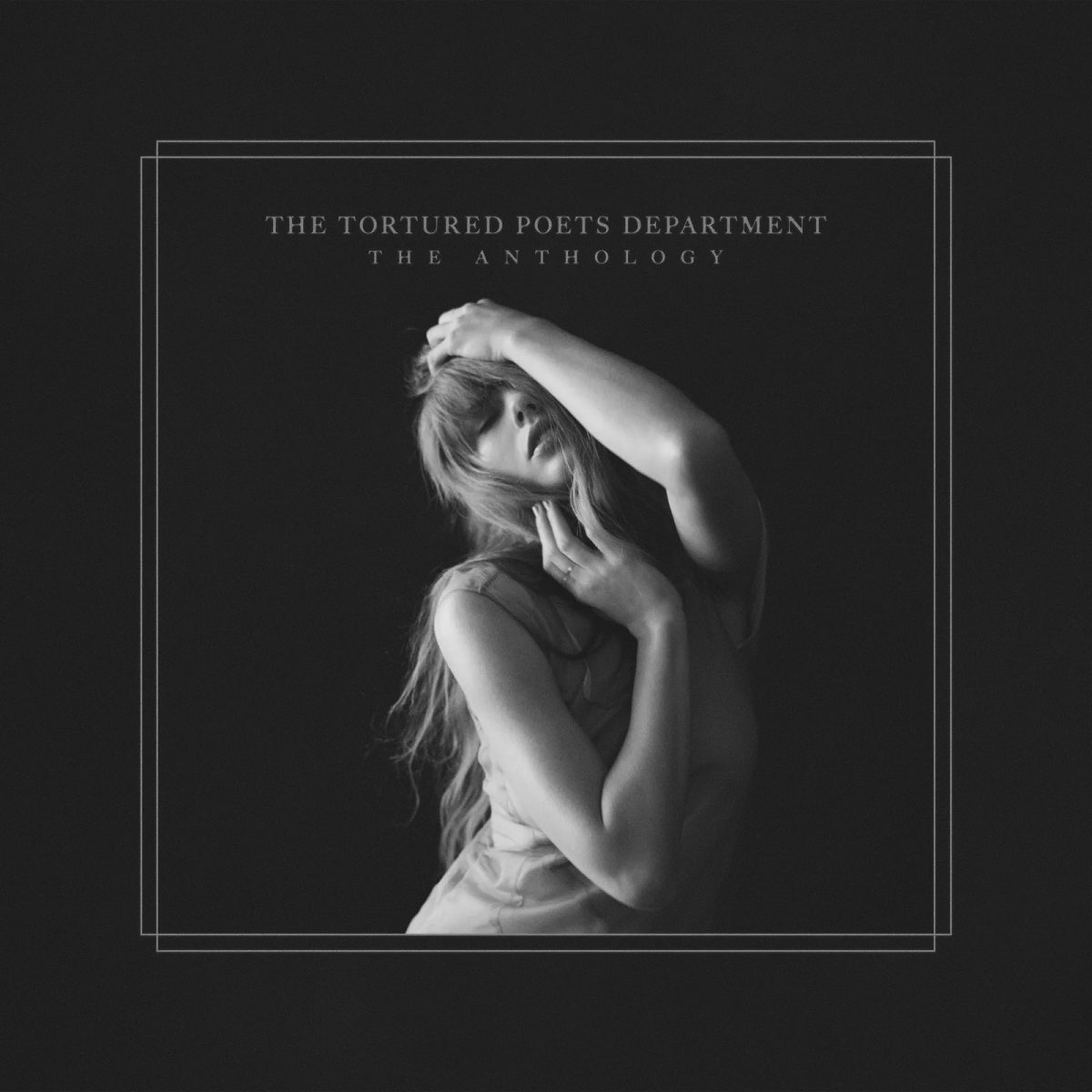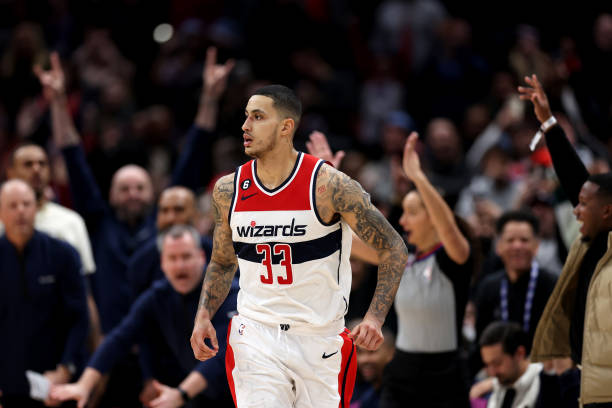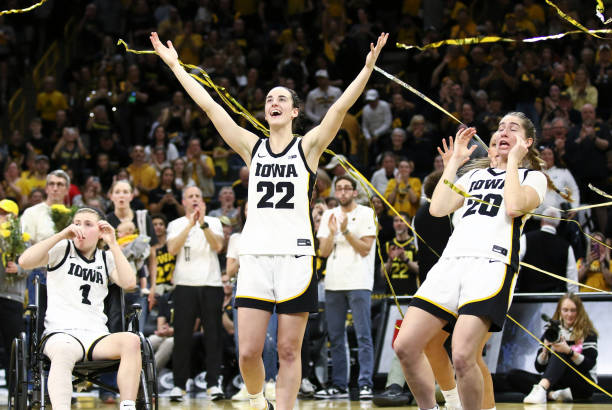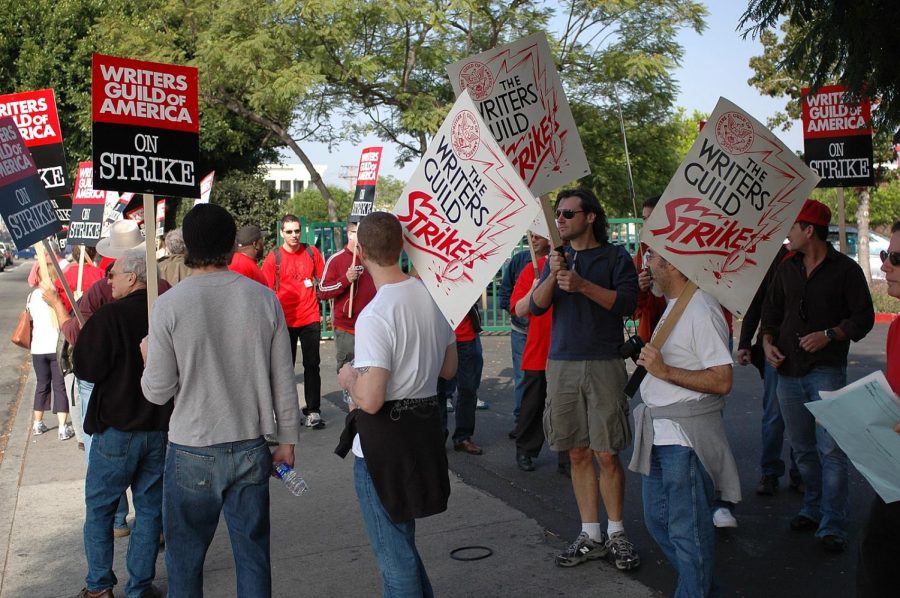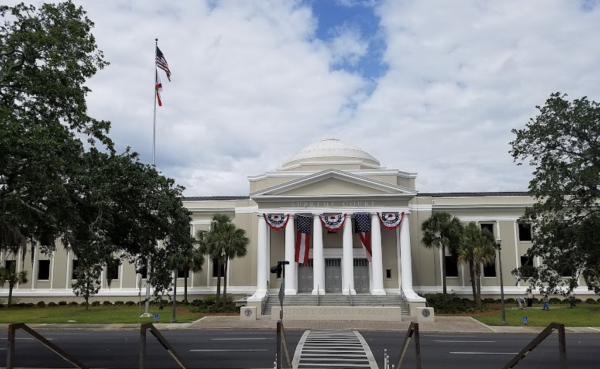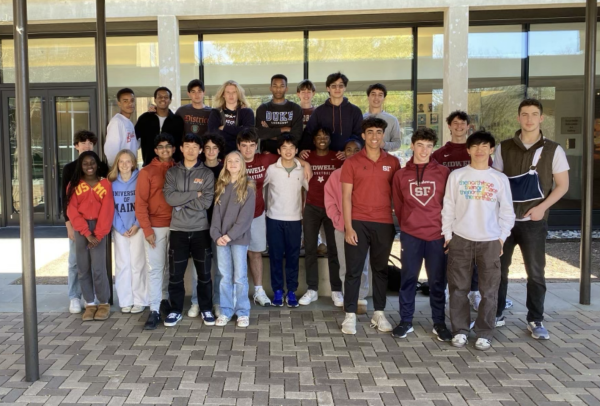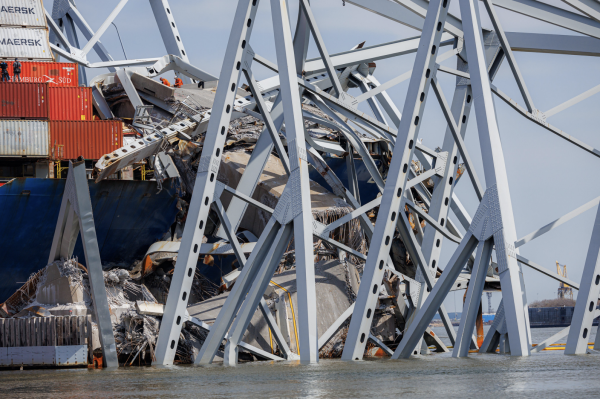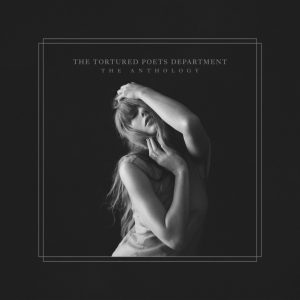Writers Guild of America Conducts Strike
The WGA strike has forced many shows to temporarily shut down. Photo: ABH HIVN via Wikimedia Commons.
On May 2, for the first time since 2007, over 11,500 Hollywood television and film writers went on strike against Hollywood Studios, causing disruptions and delays in the entertainment industry.
The strike comes as the result of the Writers Guild of America’s (WGA) growing dissatisfaction over financial compensation and lack of job security. According to the WGA, “studios have taken advantage of the transition to streaming to underpay entertainment industry workers, including writers in every area of work.” Aiming for equitable compensation and benefits, the WGA underwent negotiations with several prominent production companies –– such as Walt Disney Studios and Universal Pictures –– represented under the Alliance of Motion Picture and Television Producers (AMPTP).
However, the WGA Proposals Chart finds that there is a wide gap between negotiations of the WGA’s proposals and AMPTP’s offers, as the AMPTP rejected several settlements over weekly wages, pensions and regulated use of artificial intelligence.
Members of the AMPTP attempted to justify the lack of wage improvements. “It is not a good time to discuss changes in writers’ pay, as with the growth and availability of streaming platforms online, cable and broadcast networks are already dropping in viewers,” they said.
The AMPTP added that companies cannot afford to increase wages, as it “would be catastrophic for the economic state of the businesses.”
Angered by the lack of progress, the WGA released several statements over the absence of improvement in AI restriction, expressing how it encroaches on creative freedom and risks discrediting the work of writers and artists. The WGA added that they will continue to boycott their jobs until the AMPTP imposes meaningful restrictions on AI.
“The studios’ responses to [our] proposals have been wholly insufficient, given the existential crisis writers are facing,” said the WGA negotiation committee in a press release. Due to minimal response to the WGA’s demands, multiple television series and upcoming movies experienced considerable delays or cancellations.
“The issues behind the scenes serve as a reminder to viewers and the industry about the writers’ lack of representation and the underappreciated role of writers,” the WGA continued.
As a result, the AMPTP has suffered financial losses, as popular shows –– such as Saturday Night Live and The Tonight Show Starring Jimmy Fallon –– experienced delays and episode cancellations.
According to the AMPTP, the strike’s effects extend beyond shows and movies, as a prolonged production shutdown may cause collateral damage to workers helping outside of production, such as marketing, legal, accounting, dry cleaners and drivers.
The AMPTP added that if the strike continues longer, it will cost the Los Angeles economy billions of dollars. The AMPTP also stated that the strike might lead to an increase in reality-style TV shows, as the networks will seek to fill the gaps left by the lack of new content.
Freshman Sophie Haar commented that she thought the strike was inspirational. She added that Hollywood writers often go unnoticed and “aren’t given enough recognition and attention by consumers and producers.”
Freshman Dylan Verma agreed, adding: “I think it’s amazing that our generation is starting to emerge in a workforce that is increasingly more focused on fair pay.”
Your donation will support the student journalists of Sidwell Friends School. Your contribution will allow us to purchase equipment and cover our annual website hosting costs.






